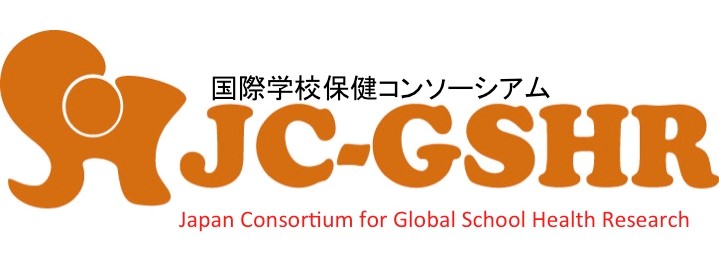EDU-Port Japan
EDU-Port Japan is a “public-private, nationwide” initiative to proactively introduce Japanese-style education overseas by providing a platform from in which the public and private sectors collaborate in achieving this objective.
Research and study on overseas development of public health education, etc.
Due to the outbreak of the new coronavirus infection in 2020, there has been a growing interest in school health (including hygiene guidance through school life such as hand-washing and health checks, and efforts to promote a correct understanding of infectious diseases) and ICT-based education (including curriculum development, teaching methods, evaluation methods, etc.). In response to the growing interest in this field, EDU-Port Japan has started a survey and research project. The purpose of this research project is to identify countries and regions with potential needs, the specific content of those needs, and the method of deployment for the strategic overseas deployment of these Japanese-style education programs in the With/Post Corona region.
The School Health Consortium proposed two projects for this project and they were adopted. The principal investigators of each project are Dr. Jun Kobayashi (University of the Ryukyus) and Dr. Sachi Tomokawa (Shinshu University), and many Consortium members are involved in these projects.
- EDU-Port Japan:https://www.eduport.mext.go.jp/en/
The aim of this project is to provide recommendations for the development of healthy and safe schools in the countries of the Asia-Pacific Island region after the end of COVID-19 pandemic.
In this project, the impact of COVID-19 on the health, education and economy sectors, and findings on countermeasures in Okinawa, Guam, Philippines, and Indonesia will be summarized. Discussions based on this summary will be held with experts from the Pacific Island countries, and recommendations will be made for the development of healthy societies and schools during the post-COVID-19 era in island regions. In particular, close attentions will be paid to the implementation of comprehensive school health approach including health management and education, and cooperation with external organizations and communities which are characteristics of school health in Japan. Furthermore, analysis will be performed on the use of information and communication technology (ICT) during school closures and their side‐effects.
Countries:Philippines, Indonesia, Federated States of Micronesia, Marshall Islands, Palau, Fiji, Papua New Guinea, and Guam (United States of America)
本事業は、SDGsの実現やCOVID-19対策等の課題に対する日本型の学校保健の貢献の可能性と課題を実証的に検討することを目的とする。
The aim of this project is to demonstratively examine the possibilities and challenges of the contributions of Japanese-style school health to the realization of the SDGs and COVID-19 measures.
The purpose of this study is to examine the issues and potential for the development of Japanese-style school health by carrying out an interview study on Japanese school health support in developing countries and the status of ESD dissemination. Furthermore, the project will develop teaching materials related to the SDGs and COVID-19 measures, conduct teacher training, and conduct health checkup activities using children’s health clubs, etc. at teacher training schools in Japan and Laos, and clarify the results and other issues.
Countries:Laos, Cambodia, Nepal, Bangladesh, Niger, Ghana and Kenya
